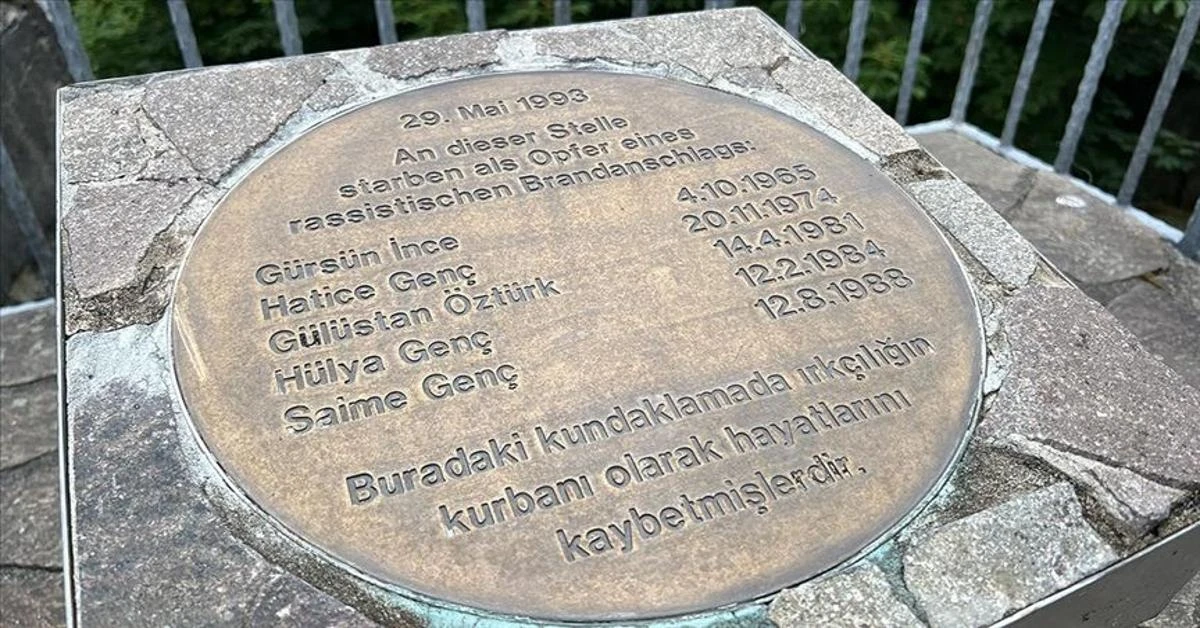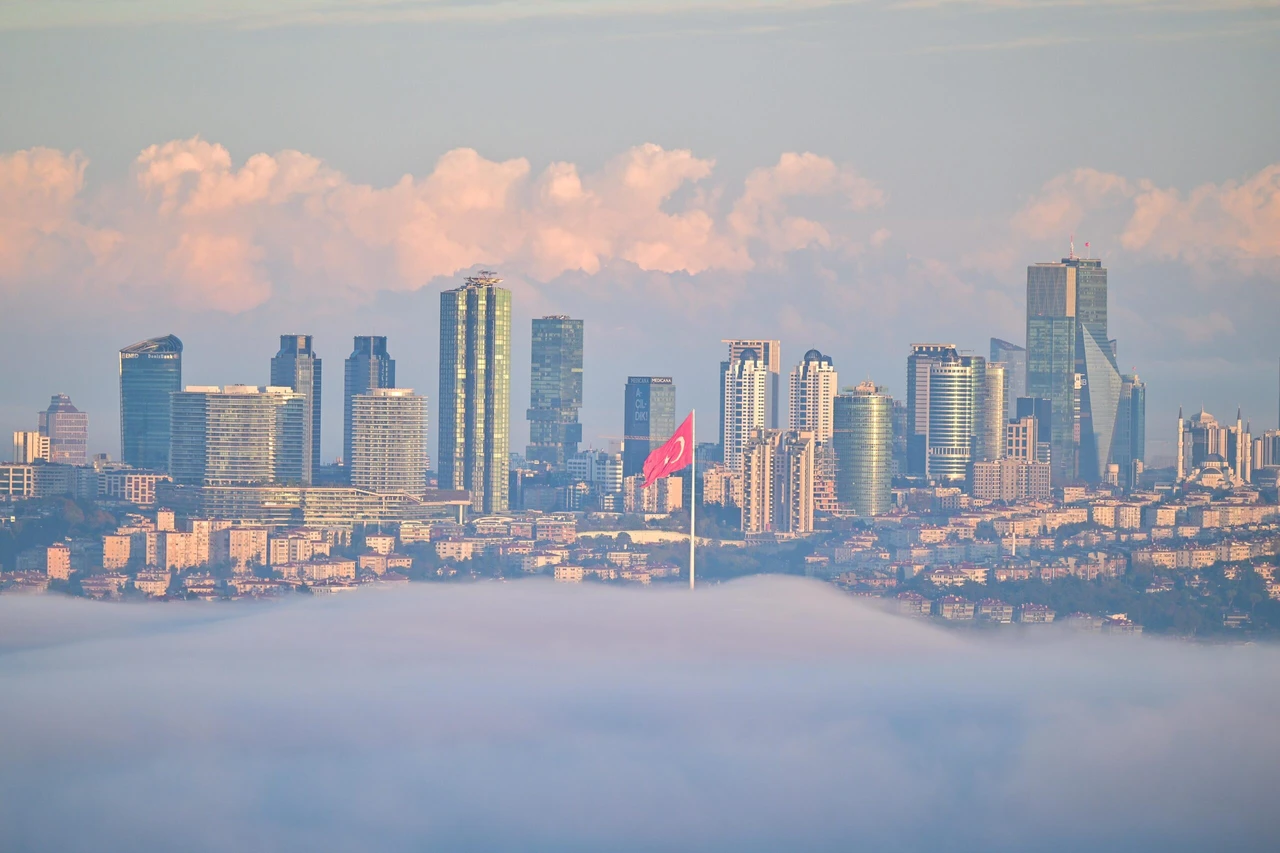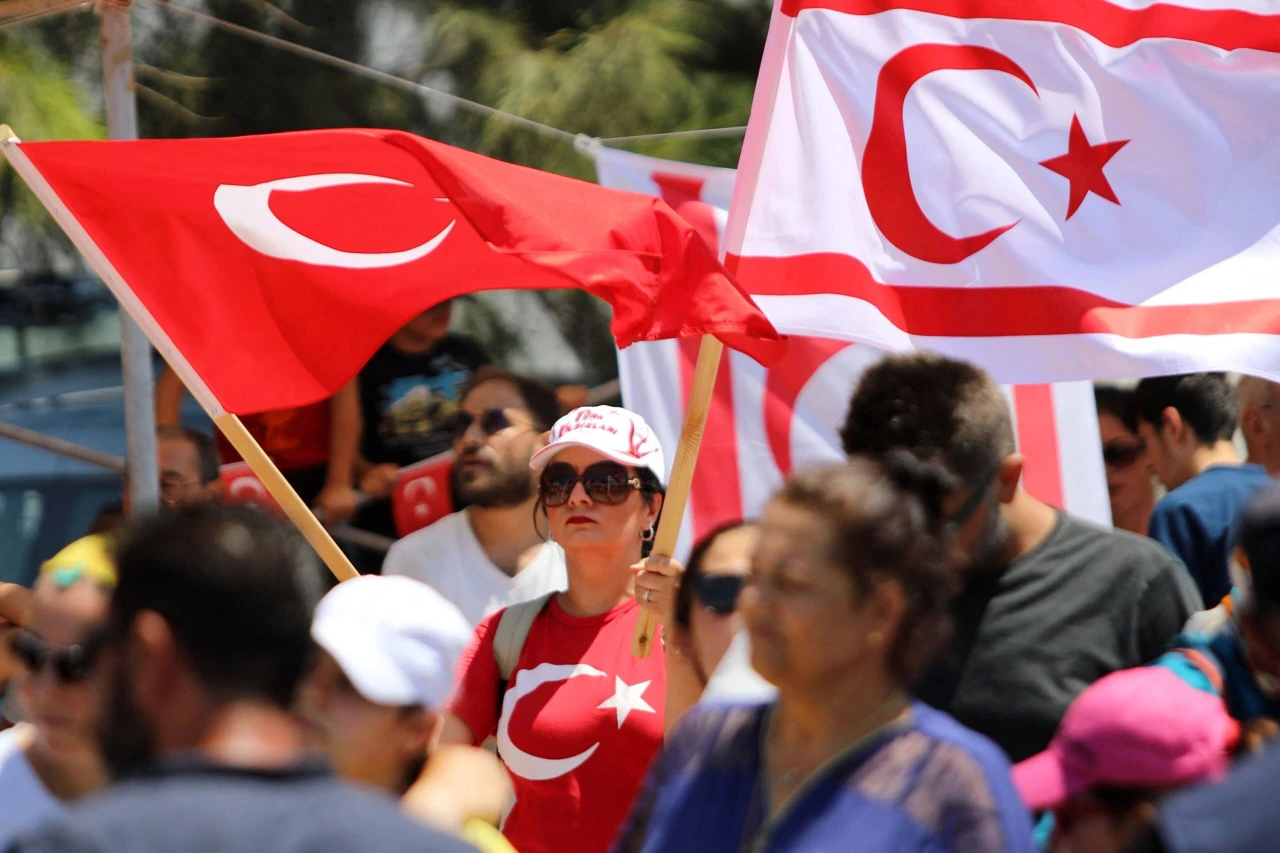Boyraz emphasized that the Solingen massacre, which claimed the lives of five Turkish citizens and injured 14, stands as one of the most brutal examples of attacks targeting Turks. He pointed out that the incident was recorded in history as a terror act motivated by racist intentions.
Boyraz noted that another attack in Molln a few months earlier echoed the “footsteps” of the Solingen massacre.
“On November 23, 1992, a racist terror attack occurred in the German city of Molln, approximately 3–4 months prior to Solingen. Three Turks lost their lives when this attack set the Arslan family’s house on fire. This indicates that Germany did not take significant action on this issue. This attack was essentially a preparation for Solingen. We heard the footsteps of Solingen from Molln.”
German government fails to implement deterrent measures against racist attacks
Boyraz noted that, due to insufficient penalties for attacks targeting Turks following the Solingen massacre, such incidents continued over the years. He cited instances of racist arson attacks in Southern Germany in 2008, Hanau in 2020, and Solingen and Dusseldorf in 2024, which led to the loss of Turkish lives and the dismissal of legal proceedings in some cases.
Boyraz emphasized that racist attacks in Germany do not solely target Turks but also various foreigners deemed “non-native” by far-right groups, with such incidents occurring almost daily. He stated, “We observe an increasing trend of hate speech and racist attack tendencies targeting everyone perceived as not belonging to German society. These attacks continue not only against Turks but also against everyone due to the German government’s failure to take sufficient steps and implement a determined policy against racism.”
Boyraz emphasized that the lack of deterrent penalties for the Solingen attack perpetrators led to ongoing attacks on Turks and individuals of foreign descent. He explained:
“Following the Solingen attacks, four Neo-Nazis were detained, and a legal process was initiated. As a result, the attackers were sentenced to only 15 years in prison. These individuals committed the attack in 1993 and were released in 2008. This means they can freely walk around Germany. The German government failed not only in Solingen but also in subsequent attacks. There has been no determined fight against Neo-Nazi ideology, and the captured suspects did not receive high, deterrent sentences. Moreover, preventive measures to stop such attacks were not taken, leading to continued attacks even 31 years later, and unfortunately, they will continue.”
What should Germany do?
Boyraz stressed that Germany has not learned from Solingen, leading to an increase in attacks instead of a decrease over the past 31 years. He pointed out significant deficiencies, malfunctions, and negligence in the country’s policies against neo-Nazism and racism.
Referring to former Chancellor Angela Merkel’s statement that “racism is a poison, and unfortunately, it exists in this society, and many crimes stem from this poison,” Boyraz stated, “The German state is aware of the problem, but there is institutional racism. We are talking about racism that permeates every level of the state beyond individuals and groups.”
Boyraz indicated that the attempt by the local government in Germany’s Hessen state to impose a 120-year confidentiality order on documents related to the NSU trials, later reduced to 30 years, reflects the institutional racism perspective in Germany. He explained:
“There is a highly debated detail regarding the NSU case. The Hessen state government initially decided to impose a 120-year access ban on the NSU investigation files. This period was reduced to 30 years due to reactions. The stated reason was that the information in the documents was ‘political and politically sensitive.’ This implies the existence of a situation involving the deep state and intelligence. There seems to be something that needs to be covered up and hidden. We can say that there is unfortunately a structure involving the state and intelligence with racist elements.”
Boyraz noted the presence of a significant Neo-Nazi formation within German police and intelligence agencies. He mentioned that in 2020, investigations were launched against 29 police officers for being Neo-Nazi sympathizers, and 364 files related to racism were allegedly covered up by officers with similar views in Berlin. This indicates an organic connection between security forces, intelligence, and Nazis in Germany.
Boyraz emphasized key steps Germany should take in fighting Neo-Nazism and racism, concluding:
“The German government has an important list of tasks to address this problem and prevent new Solingens in the future. Germany must first recognize the existence of this issue, not only in words but also in actions. The government agency responsible for combating racism needs to work with a larger budget and more personnel. This agency should be made more functional. Penal sanctions against individuals who commit racist acts and attacks must be increased. When you give only 15 years to the perpetrator in Solingen, it does not serve as a deterrent. We see that the judiciary system often dismisses cases of racist and far-right attacks. This must be prevented; otherwise, it is not possible to deter perpetrators or take new actions. Additionally, security measures like assigning police protection to mosques, similar to synagogues, should be implemented. Increased sanctions and penal actions against media, which significantly fuel racism in Germany, are also necessary. Until these measures are taken, unfortunately, we will continue talking about racist actions in Germany.”




